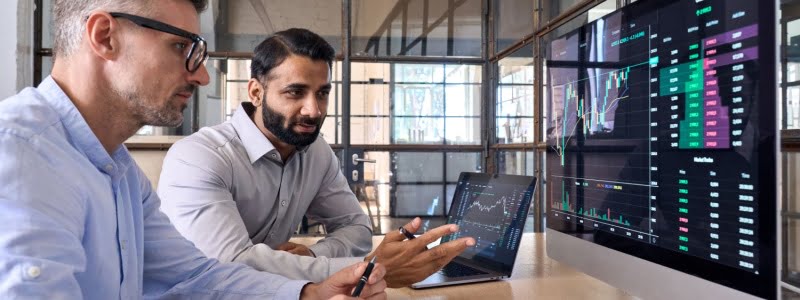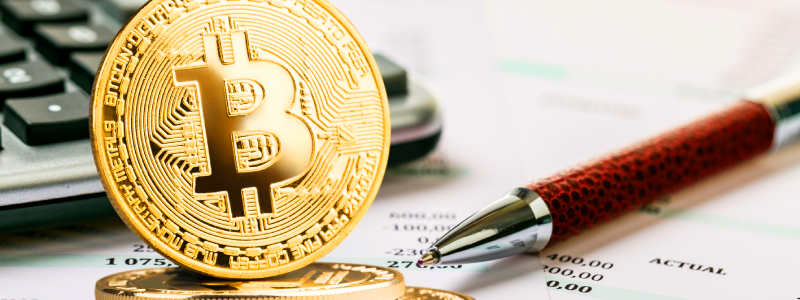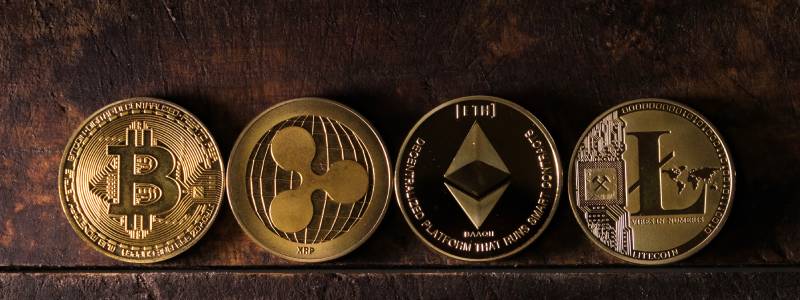If you’re into cryptocurrency, this guide will help you know how the Goods & Services Tax (GST) affects you.
If you’re into cryptocurrency, whether as a hobby, investor or trader, you will want to know how the Goods & Services Tax (GST) affects you. This is a constant area of development for the tax office and by ensuring you are aware of your obligations you will help keep any bad surprises from arriving in the mail.
The GST is a value-added tax of 10% effecting businesses in Australia on their sales and purchases. In a nutshell, it is a consumer tax paid by the end purchaser for the additional value businesses make on each level of production. Attempting to square this rationale with the invention of cryptocurrencies has been difficult, hence the tax office has revised its position several times in the last few years alone.
Of late, they have taken the view that cryptocurrencies have the character or essence of a currency – albeit a digital one – and that its value is not derived from or dependent on anything else. On this basis the decision was made from 1 July 2017 onwards the sale and purchase of crypto are not subject to GST.
For investors and traders however, this may be applicable in different ways.
GST for Investors in Cryptocurrency
An investor in general terms is not carrying on a business of trading cryptocurrency. They are not engaging in large volumes of transactions on a regular basis, instead preferring to buy and hold with a view for long term gain.
As mentioned, prior to 1 July 2017 the sale and purchase of cryptocurrencies was subject to GST. This may mean sales or purchases made prior to this date had GST, and you will need to speak to your Fullstack Advisor for specific help.
For transactions made after this date, no GST should have been included in the price so there would be no reporting requirements – even if the quantum of the sales exceeded the $75,000 GST threshold.
GST for Crypto Traders & Miners
A cryptocurrency trader would be the converse of an investor; someone who is trading regularly and has the character of carrying on a business. For those individuals staying up past the witching hour reading crypto exchange news, this is probably you.
It would be likely this individual would cross the $75,000 turnover threshold requiring GST registration but as cryptocurrencies are “input- taxed” this again means there are no reporting requirements.
People who are purchasing equipment such as hardware to trade or mine cryptocurrencies may be able to claim GST credits for these costs. This is however subject to specific rules, so please speak to your Fullstack Advisor about applicability.
GST & Initial Coin Offerings (ICOs)
Where new crypto coins or tokens are sold as part of an initial coin offering, the ATO will first consider their features before determining their status for GST.
- Some tokens are designed as a share of profits in a product, or a payment method or even provide access to an online platform. Depending on the features of token, the GST treatment of the ICO may be either:
- A financial supply – where the token represents a security such a share or managed investment scheme or digital currency. No GST is applicable in this instance.Example of a financial supply are most digital currencies including Bitcoin, Ethereum, EOS, Dash, etc.
- A taxable supply – where the token reflects a right or entitlement to goods and services. GST would be calculated at 1/11th of the tokens.Example of a taxable supply – Tokens representing loyalty points with an online multiplayer game which can only be redeemed for products and services specified on that platform.
GST & Financial Supplies
Sales of financial supplies (such as digital currency) means you don’t have to pay GST on any sales made.
It’s important to know that you also can’t generally claim any GST included in associated expenses (such as mining equipment or trading courses).
Luckily there is an exception – if your turnover is under the financial acquisitions threshold of $150,000, then GST on associated expenses can be claimed.
Reduced GST claims on some purchases.
On some expenses known as reduced credit acquisitions you can only claim 75% of the purchase price.
Investment portfolio management functions
In this context, the term ‘investment portfolio’ means the same as ‘asset portfolio’ and relates to particular classes or sectors within a particular class of investments you own.
- Investment management services include, but are not limited to:
- establishing a financial plan or investment strategy
- ongoing implementation, execution, or refining of that plan or strategy
- ongoing implementation or execution of a given investment mandate.
Administrative functions
- The following administrative functions are reduced credit acquisitions if they relate to investment funds, including superannuation schemes:
- maintaining member, employer and trustee records and associated accounting
- processing applications, contributions, benefits and distributions
- ensuring compliance with industry regulatory requirements (excluding taxation and auditing services).
GST & using Digital currency to pay for goods & services
If using platforms such as Living Room of Satoshi to pay for goods, then no GST consequences arise in using crypto as a payment method. The concept of using digital currency and fiat are very much the same here.
Receiving Crypto as payment
When receiving crypto as payment for sales of regular goods and services, then the usual GST rules would apply. For instance where taxable, 1/11th of the payment received would be payable in GST, as per its value in Australian dollars.
Overall, crypto regulation is in regular flux, but it is your responsibility to keep yourself covered for any GST obligations. For tailored advice for your situation, please speak to the seasoned cryptocurrency tax accountants at Fullstack.
Was this article helpful?
Related Posts
- Cryptocurrency Mining Taxes
If you're currently mining crypto, it's important to learn how cryptocurrency mining is taxed. This…
- How is Crypto Taxed in Australia?
Whether you are a crypto trader or investor, you most likely have the task of…
- Keeping Cryptocurrency Records & Reporting
The ATO is investigating the records of crypto traders to ensure they are correctly reporting…
- Businesses Accepting Crypto — Tax Implications
If you're considering accepting cryptocurrency payments at your business, this guide will help you to…

















